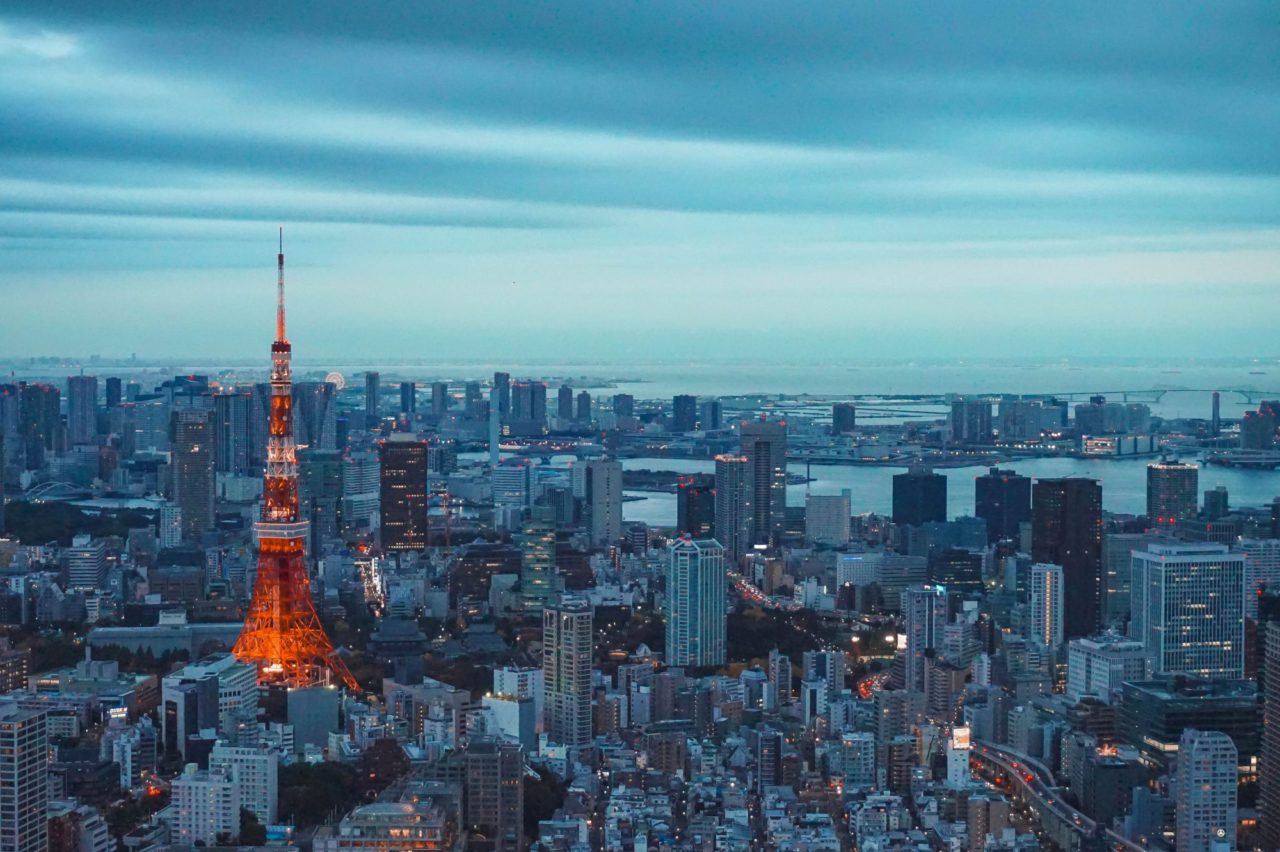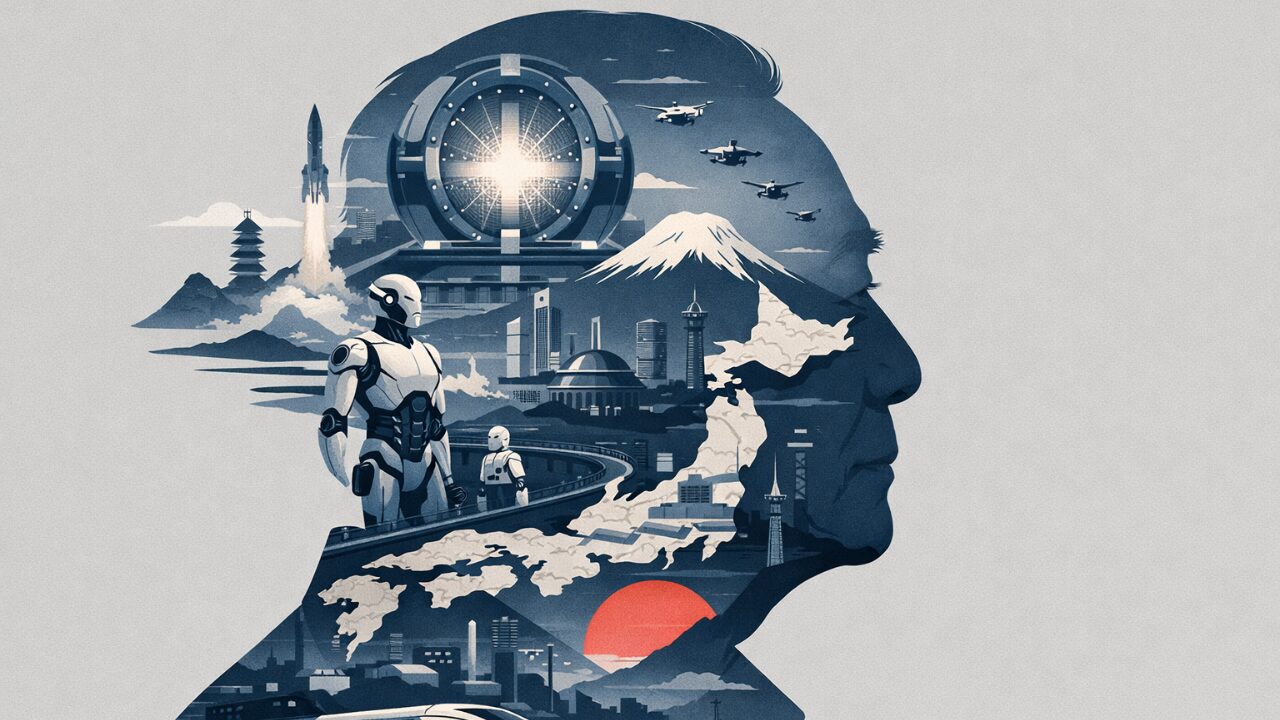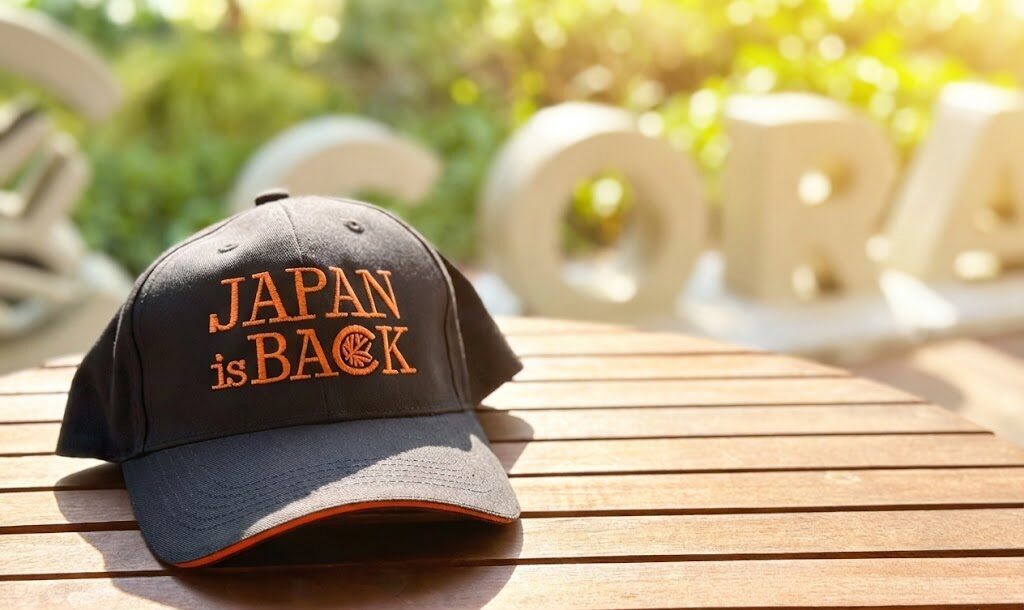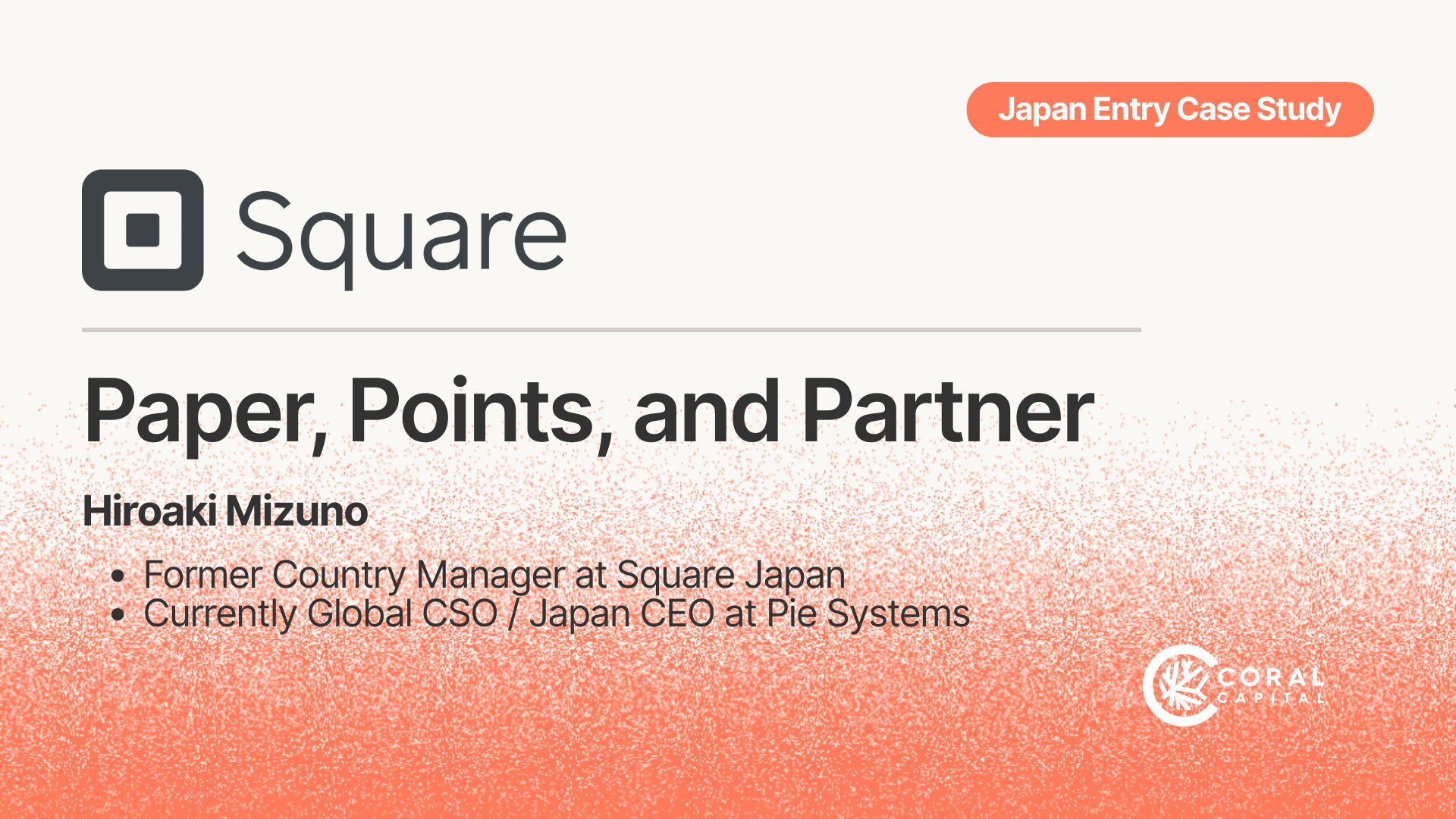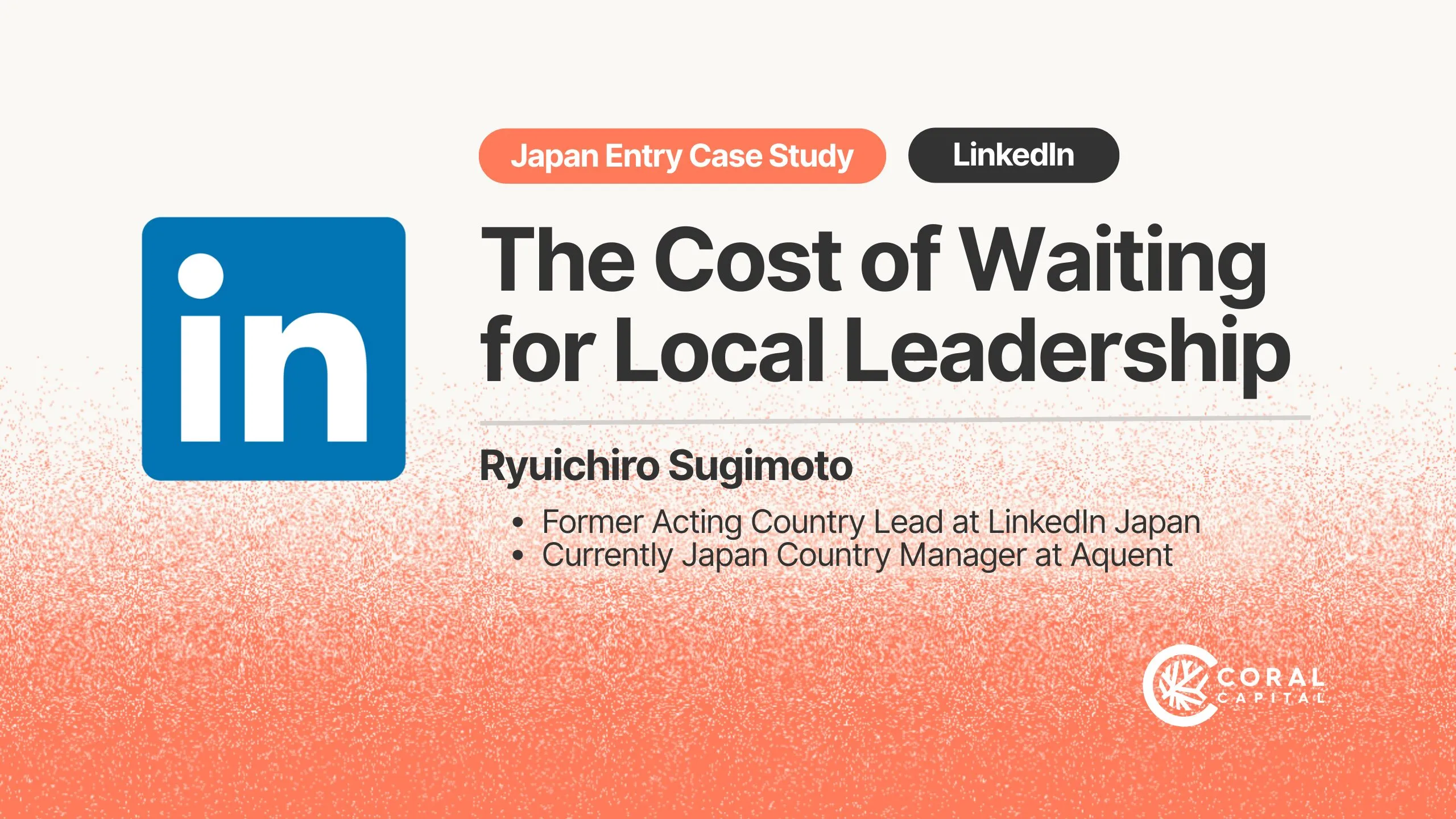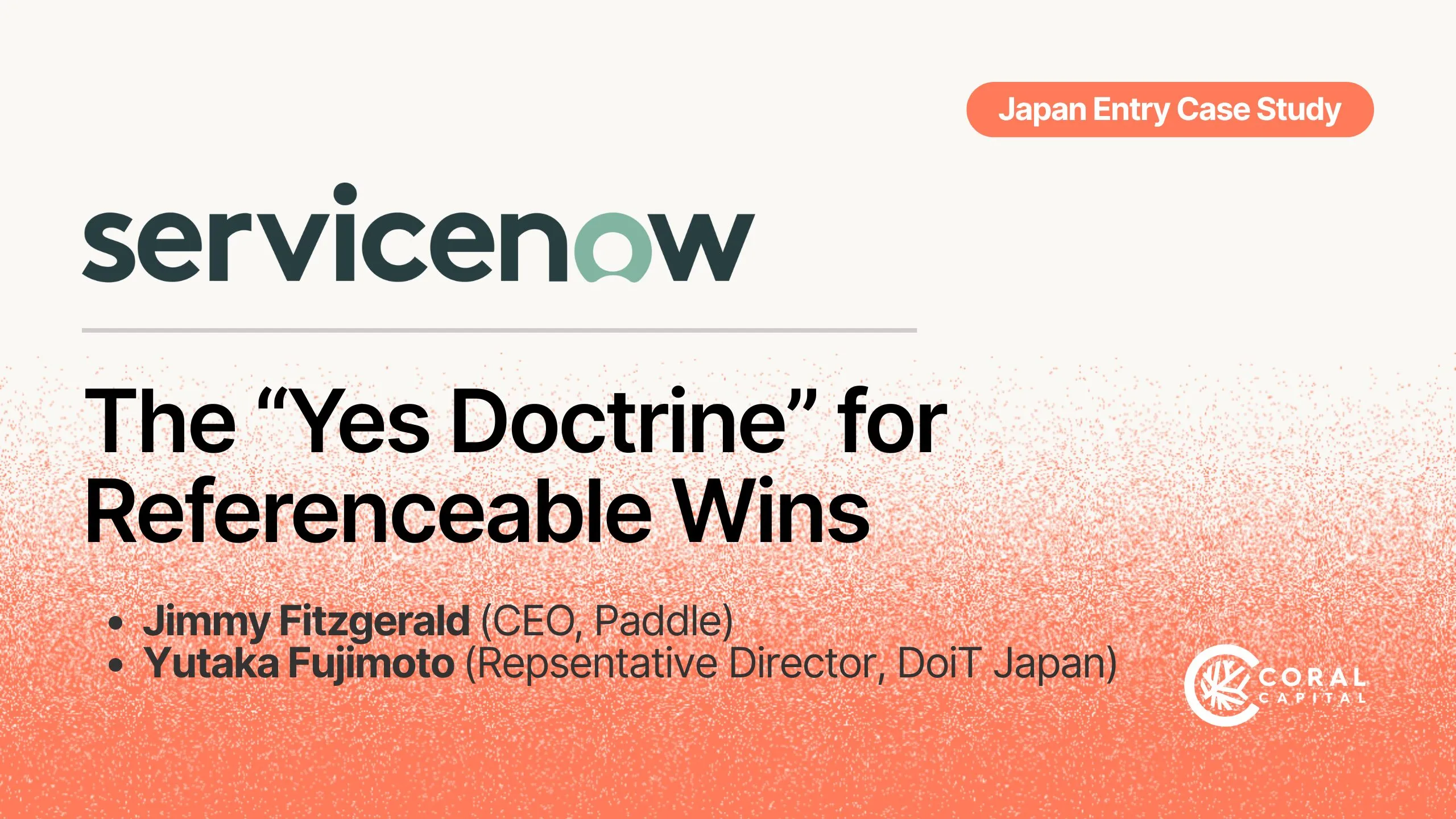Tokyo is a great place to startup. As someone that has traveled to multiple startup ecosystems over the years and has accumulated many reference points, this seems obvious to me. It isn’t, however, obvious to most people ーnot even to those living in Tokyo and working in the heart of Japan’s startup ecosystem. As an outsider, it is hard to understand the strengths without local context. And as an insider, it is hard to appreciate these strengths without points of reference. So I thought I’d shed light on this topic from a birds eye view.
THERE IS SIGNIFICANTLY LESS COMPETITION
If you start a company in the US or China, no matter how amazing your idea, no matter how amazing your team, and no matter how amazing your execution, there are likely 5 – 10 other former Google/Tencent folks with Stanford/Harvard degrees doing the same thing that could beat you. Competition is fierce.
However, in Japan, because there are fewer entrepreneurs, there are usually 2 similar startups at most. In a lot of cases there are none. To add, large companies also pose less of a threat. Facebook and Alibaba are significantly more aggressive than say Mixi or Rakuten. There are also not as many multibillion dollar tech players like Stripe, Airbnb, or Bytedance that could crush you. The number of potential threats, as well as the speed and aggression at which they move are just not as apparent in Japan. The inherent language, cultural, and regulatory barriers also make it hard for foreign players to enter.
What that means is that if you do manage to find a great idea, put together a strong team, and execute well, you are more likely to become a winner.
30% OF JAPAN’S POPULATION IS CONCENTRATED IN GREATER TOKYO AREA
If you can take Tokyo, you can take Japan. For better or for worse, Tokyo is not only the Silicon Valley of Japan, but also the Washington D.C. of Japan, the Hollywood of Japan, and the New York of Japan. Almost 40 million people live within Greater Tokyo area, more than all of the above cities combined. The homogeneity of these millions of people also make it a lot easier to market to them. They consume similar content, live similar lifestyles, and have similar values (this is a significant contrast to the US or China, where there are so many demographics and languages). To add, essentially every large corporation or investor has a major office in Tokyo. So you can reach almost every industry in the country just by focusing on this city.
That density gives you a huge structural advantage. As a small startup with limited time, capital, and people, you can reach most of your potential customers by focusing on just one region. That density combined with the strong transportation infrastructure also enables you to squeeze significantly more meetings per day. When we were fundraising, on some days we were zipping around Tokyo doing 5 – 9 meetings. I can’t imagine doing that in other cities unless we had everyone come to us.
IT IS THE MOST LIVABLE CITY IN THE WORLD…
… or at least one of them. Tokyo consistently ranks in the top 10 most livable cities in the world. It is clean, safe, and affordable. You don’t have issues like smog in Beijing or poop in San Francisco. The most “dangerous” areas in Tokyo are likely the safest among major cities in other countries. And despite Tokyo also consistently making it into the most expensive city rankings, I tend to disagree. Rent is most people’s largest expense, and real estate in Japan is certainly not cheap. However, what you get for your money is very different. Less expensive areas don’t necessarily mean more crime, and old buildings tend to be well maintained. You can eat well for 500 – 1000 (~$4.6 – $9.3) yen per meal, and there’s a social health insurance program to lean on when you need it. As a single adult in Tokyo you can live comfortably making 500万円 (~$46K) a year. Contrast that with San Francisco, where an annual salary of $82,000 (880万円) now puts single adults in the “low income” bracket. This is partly why the burn rates for startups in Tokyo are significantly lower than Silicon Valley counterparts.
Being in a livable city doesn’t necessarily correlate with startup success; however, if you’re going to go through the startup struggle, it is nice to at least endure it in a comfortable place.
There are many other reasons I haven’t covered (like the amazing food!) but these are the main ones that come to mind. Japan’s startup market has grown significantly over the years, but there is still so much more potential. I hope to see more people recognizing the advantages above, and giving entrepreneurship a shot. And if you do decide to start, please get in touch.
